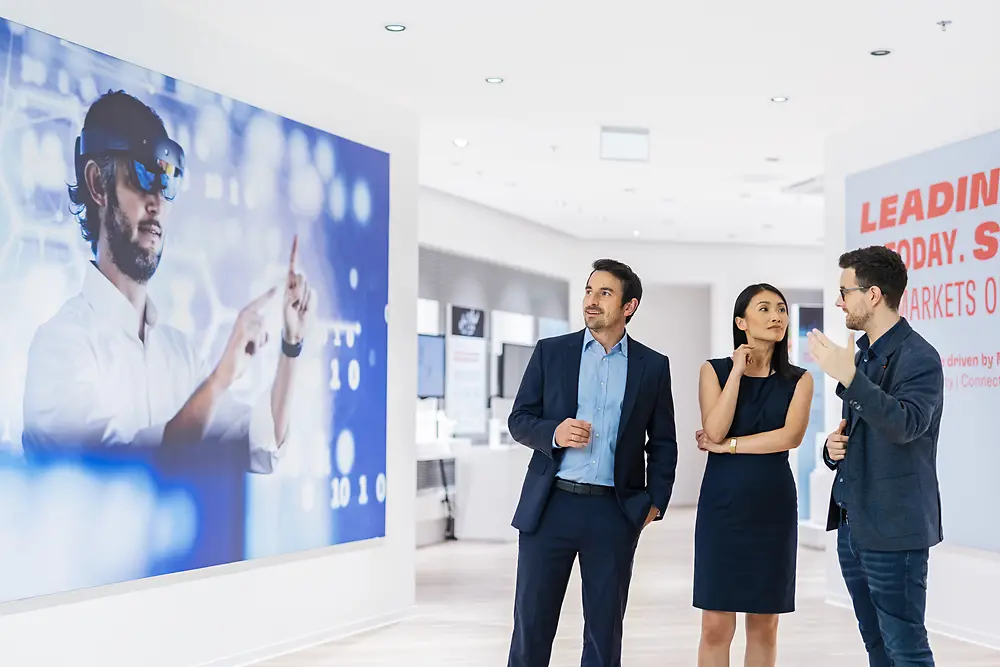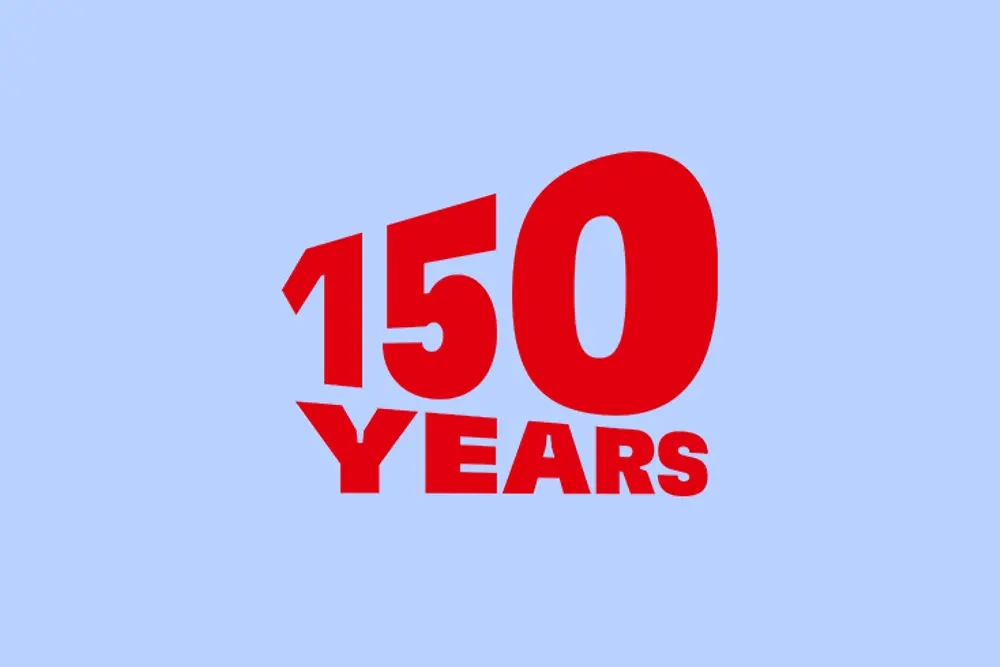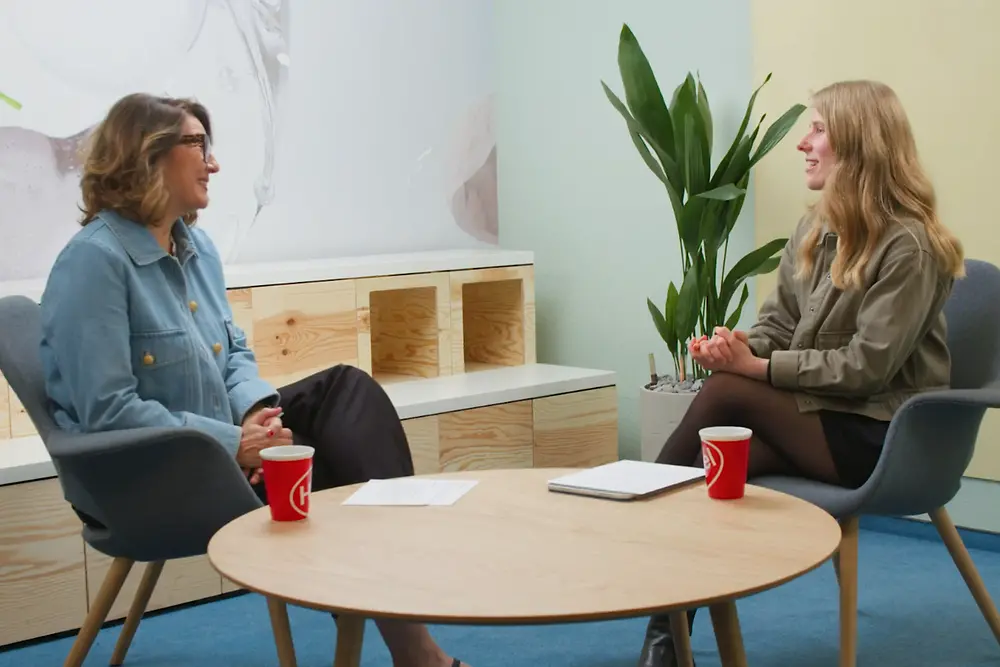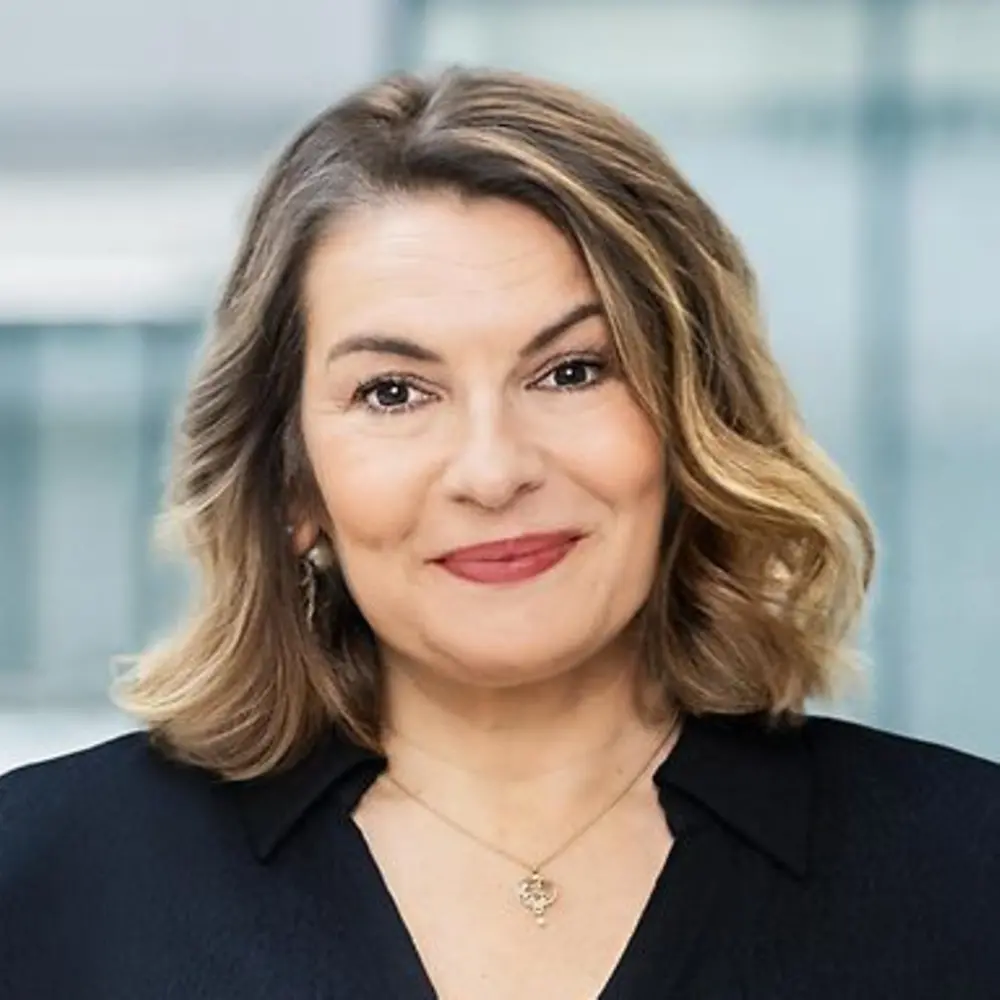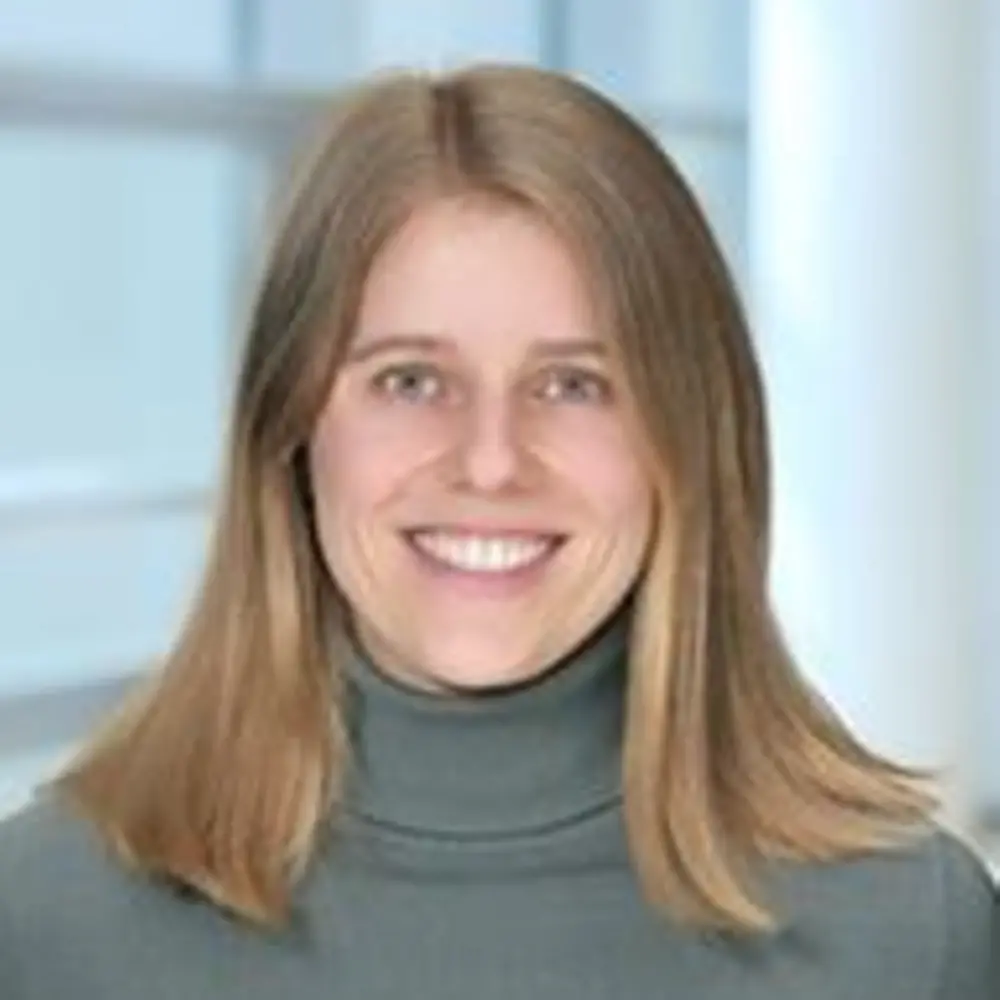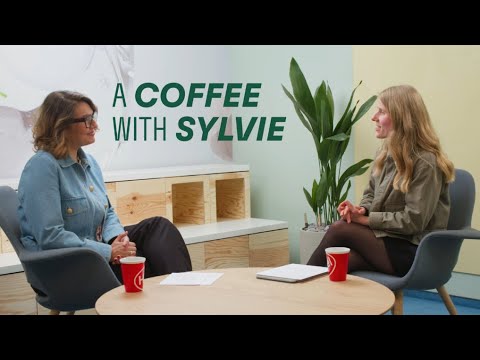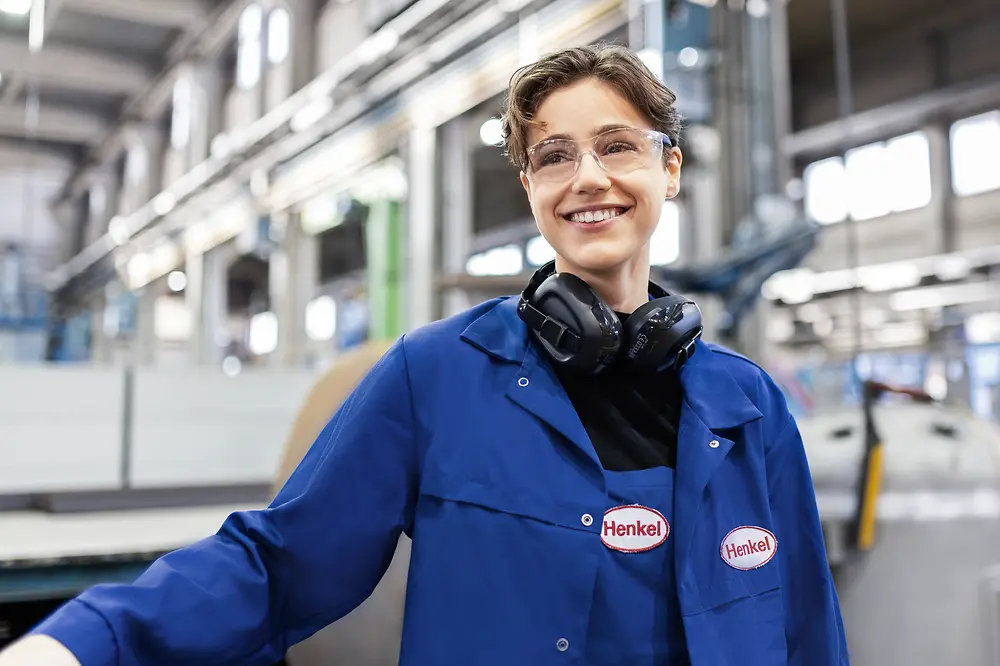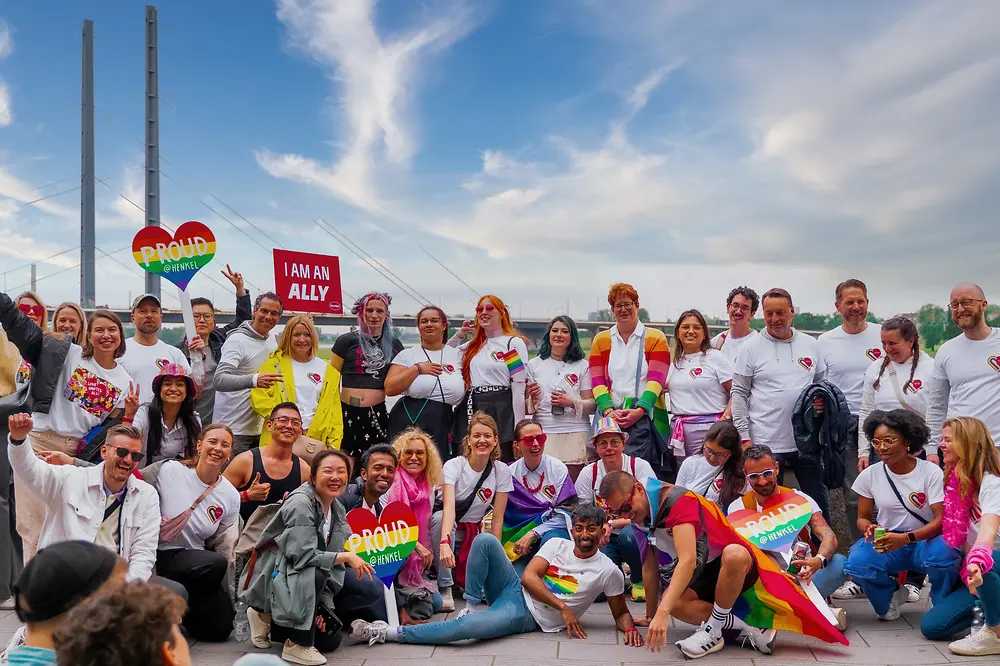Leonie: I've always felt welcome and supported. And of course, there are different perceptions, and some might be related to generational differences. But looking at this term of generations, it's also often criticized. We cannot put all people under one blanket and expect that they have the same experiences or feelings, just because they are roughly the same age. At a company as big as Henkel, with 47,000 employees, individuality is highly appreciated. When we look at a broader society, I feel there are misunderstandings and misperceptions about Gen Z, especially because people might feel or say that Gen Z is lazy, that we are social snowflakes that have to be protected, that we are more interested in self-fulfillment than in driving economic success, which would not be beneficial for a company. But I think at Henkel, it's been realized that we talk about a generation that is hard-working and that wants to be hard-working – if set into the right positions. And these are the positions that have value, that have purpose, where we feel that we can have an impact on the company and on our colleagues.
Sylvie: My impression is that the topic of each generation looking at the next with a certain sense of criticism is a never-ending story. Society evolves, and obviously each generation will be different from the previous one. And perhaps even look at the next one with curiosity or sometimes with a lack of understanding. I’ve felt that too, though on different topics. Today, we talk more openly about it. The fact that your generation speaks more about life and expectations in life, and maybe less about work alone can lead to misunderstandings. My generation was certainly less daring when it came to talking about expectations, but that doesn't mean we didn't have them. I always say – when I'm asked about generational differences – that there is no right or wrong. There's just a different way to address challenges. I also have to say that I’m observing companies where older generations are very happy to benefit from the battle that your generation is taking on.
